Social stigma and food banks
Making food bank use dignified amid a cost of living crisis
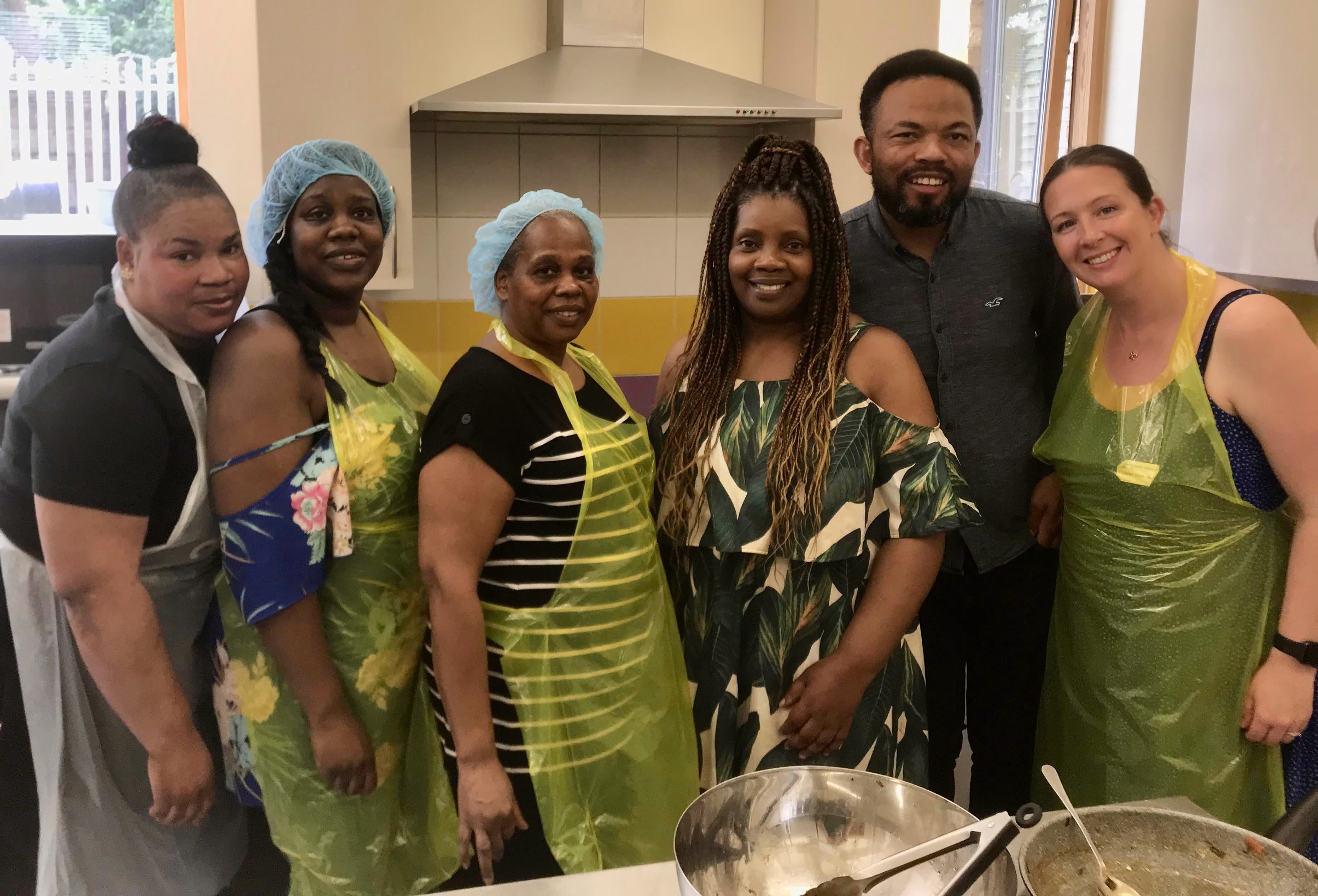
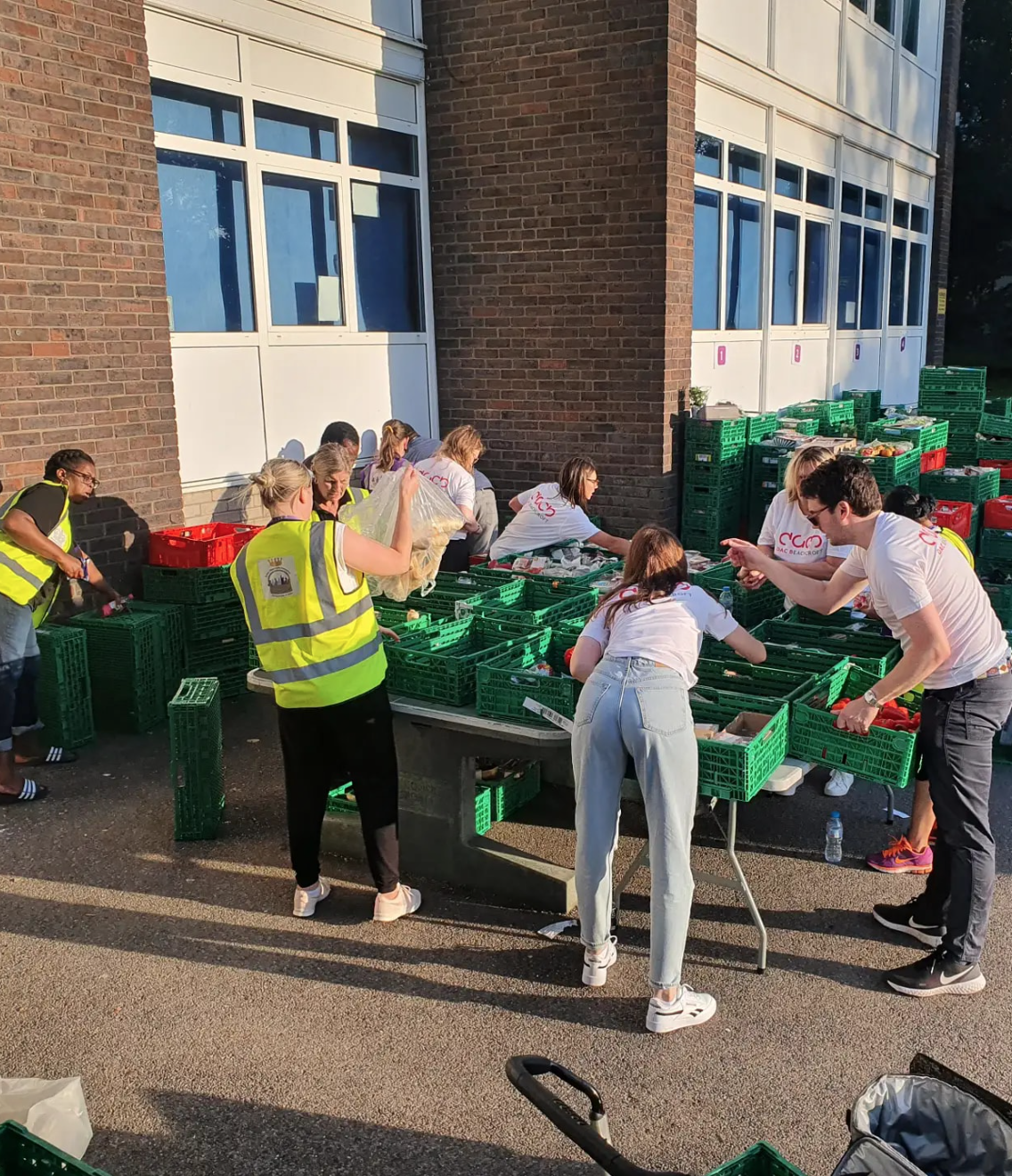
Featured image credit: Esther Community Enterprise via Facebook
Featured image credit: Esther Community Enterprise via Facebook
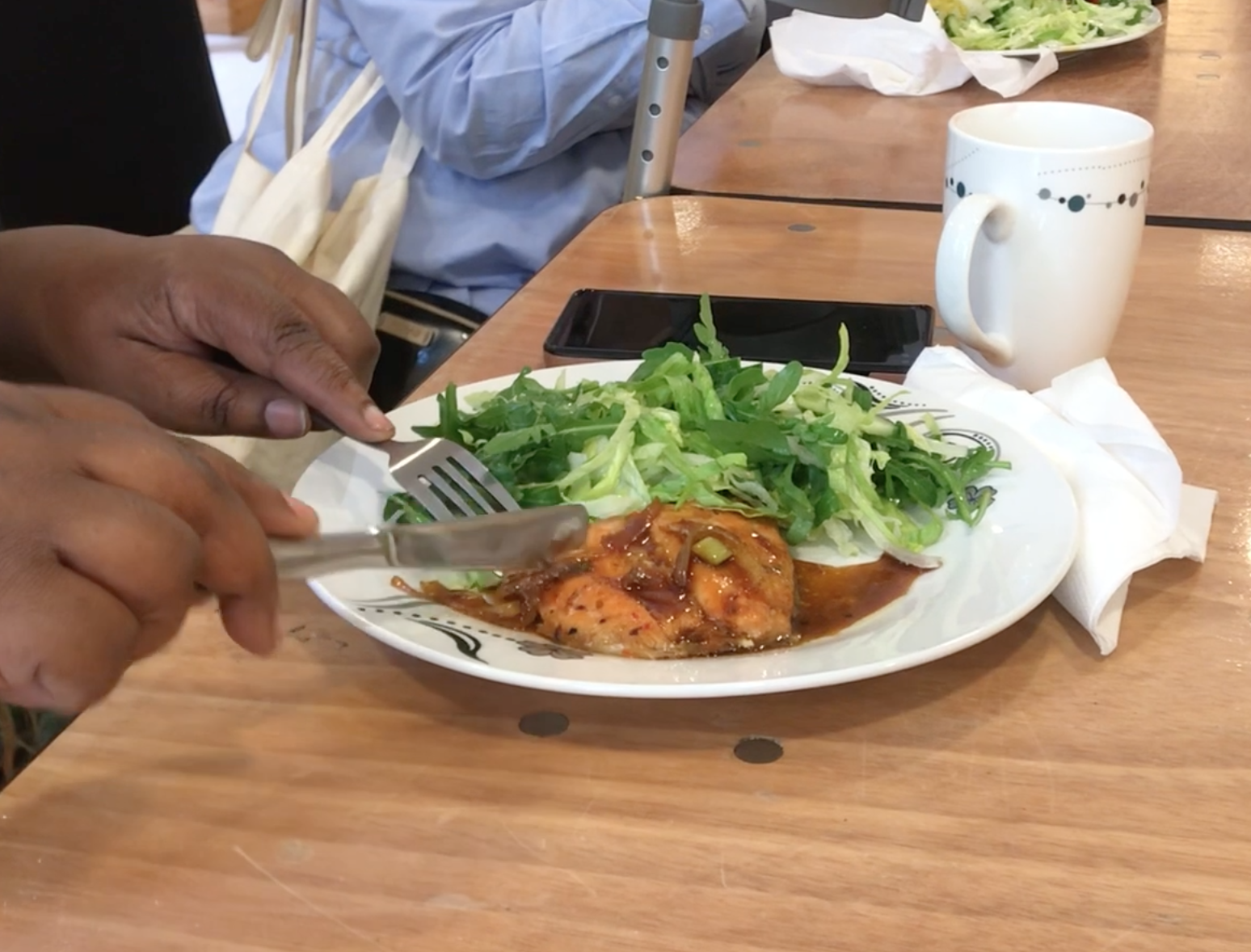
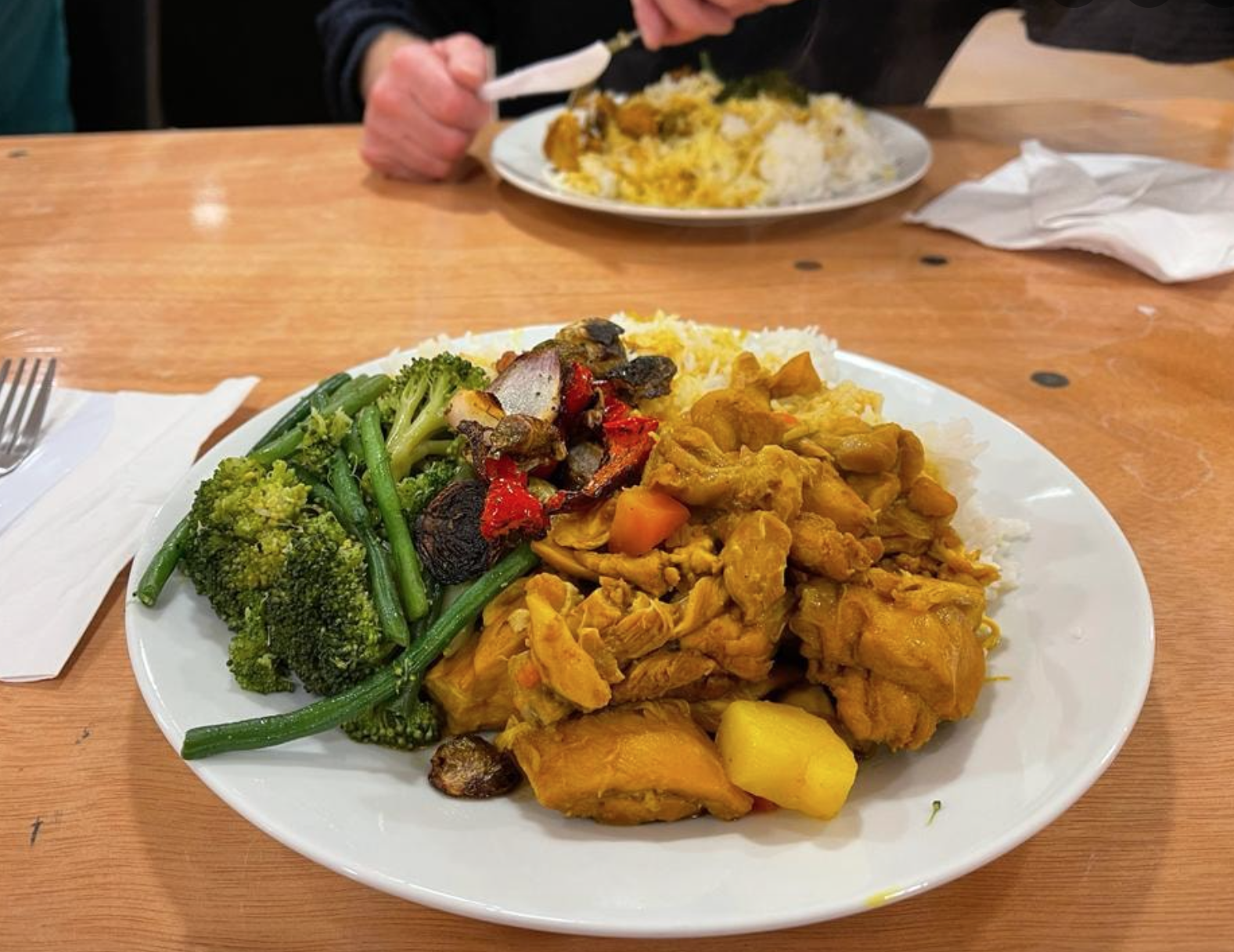
Featured image credit: Esther Community Enterprise via Facebook
Featured image credit: Esther Community Enterprise via Facebook
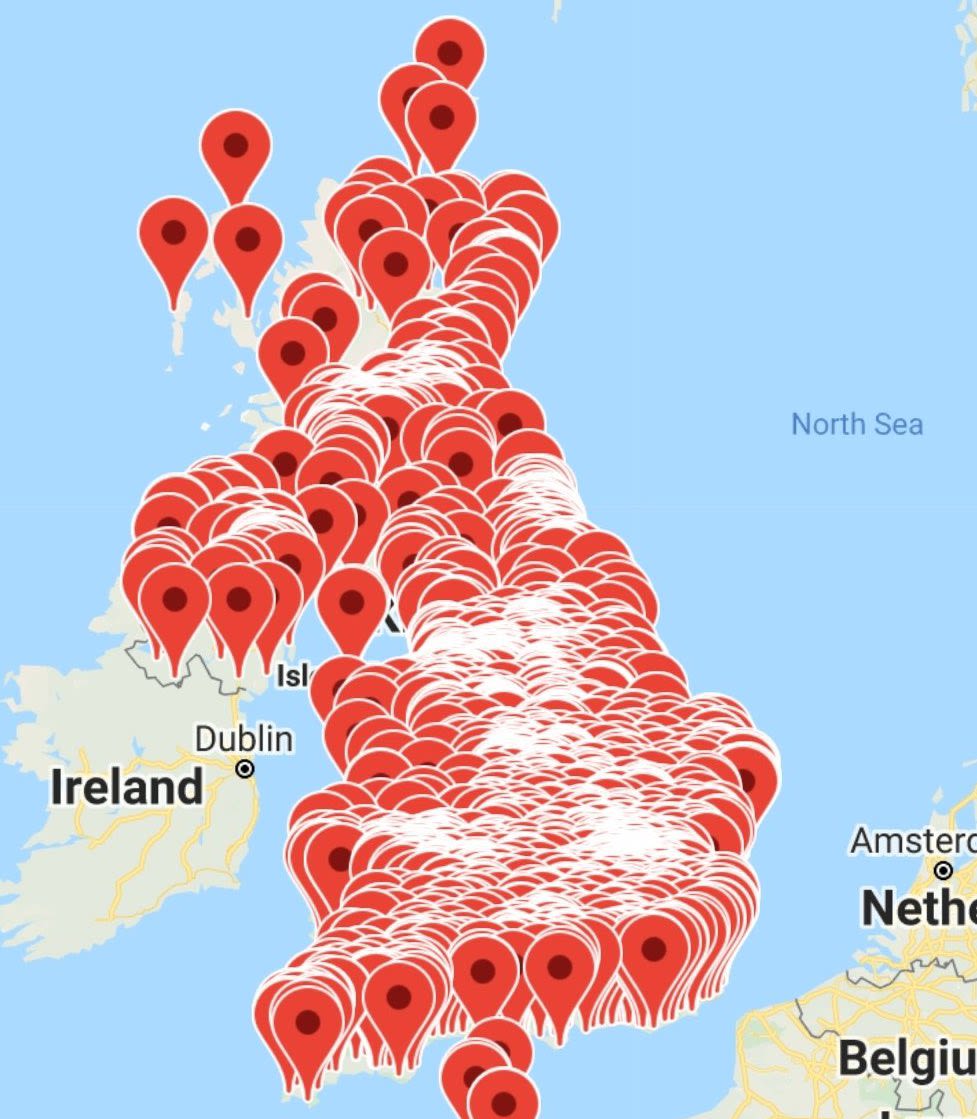
Food bank locations in the UK from Google Maps.
Food bank locations in the UK from Google Maps.
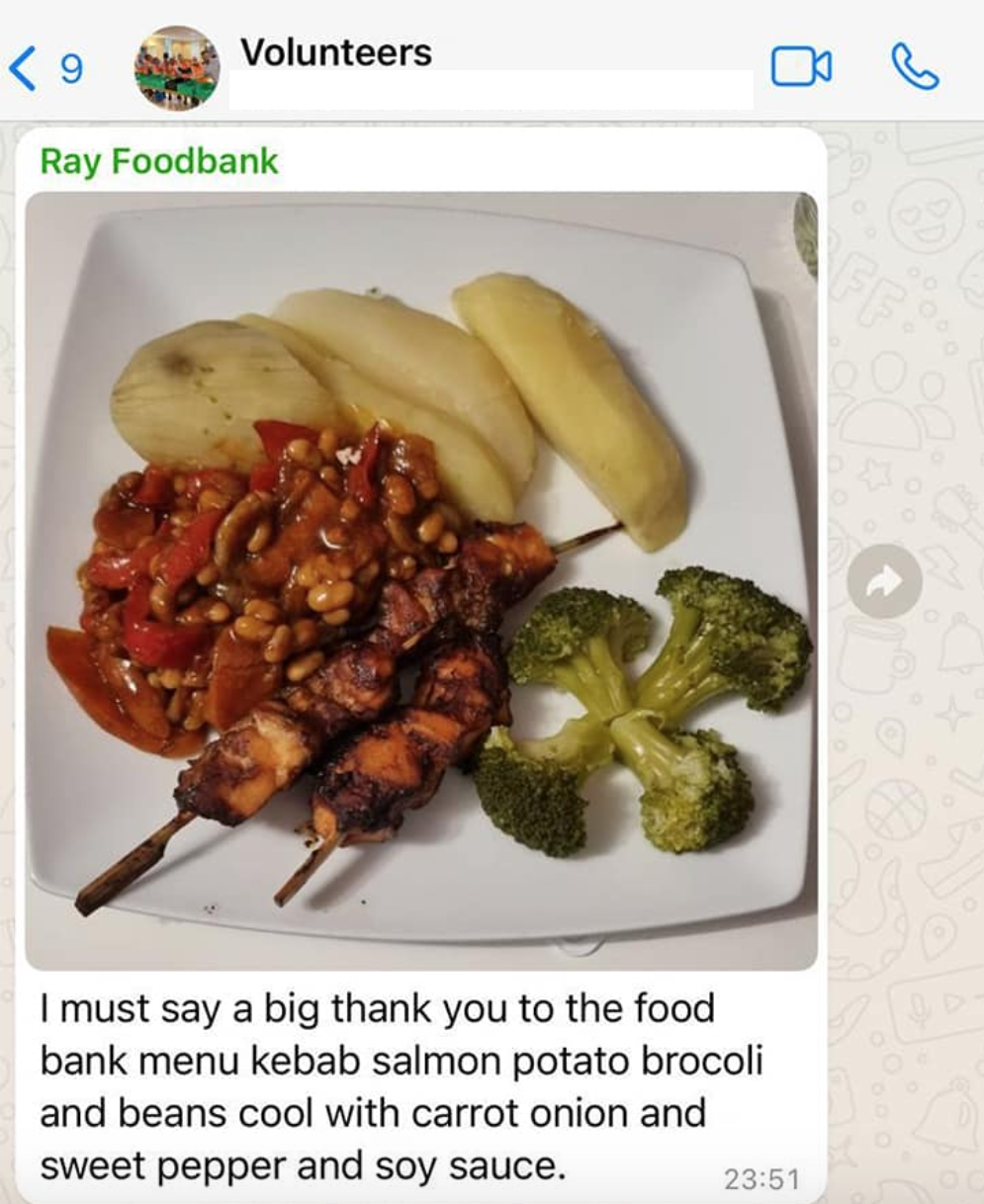
Featured image credit: Esther Community Enterprise via Facebook
Featured image credit: Esther Community Enterprise via Facebook
The cost of living crisis has left scores of Brits reliant on food banks, but most people are reluctant to admit using them.
Social stigma has meant many would feel very uncomfortable telling family and friends they use food banks, according to YouGov data.
Results from a survey last month found that 35% of people would be very uncomfortable telling family and friends, compared with just 10% who would feel comfortable.
June Ross MBE, chief executive of Esther Community Enterprise Foodbank Services in Croydon, said: "It’s hard because sometimes even those who are asking for help, they’ll ask – do you know of any food banks? I’m asking for a friend, for my sister or brother when they’re really asking for themselves because they’re ashamed."
Ross said people she never would have expected to use food banks, such as police officers and nurses working full-time, are now using them regularly.
Ten police officers have been using ECE’s Croydon branch for the past six months and it is increasingly working people turning up to their doors, said Ross.
Ross also spoke about a nurse who volunteers night-shifts before picking up a food crate and going to work at a hospital.
Nildo Oliveira, Pastor of Courland Grove Baptist Church in Clapham, works alongside Ross and hosts food bank drop-ins at 12:30pm on Fridays.
Their aim is promote food bank use by making recipients feel like guests and not beggars.
Ross said: "You have to have the right people there, the environment has to be welcoming.
"You can’t let people feel as if they are begging, you must have the right volunteers and staff to still give people their dignity, because it takes a lot to come and it's a humbling experience."
Courland Grove's drop-ins host a range of age groups, from those in their mid-twenties to the elderly.
It is a lively atmosphere with classical music playing in the background and people of all ages engaged in conversation.
The meal served last Friday was a salmon fillet with spiced basmati rice and a green salad, costing £4 per serving, a substantial improvement from food parcels offered by the government in 2021.
With non-profits such as ECE footing the bill for the state, Ross was not confident they will get much help nor reassured by Rishi Sunak's latest budgetary measures.
Food bank use has steadily grown since 2014/15, from approximately 1 million referrals per year to a peak of over 2.5 million during the pandemic from 2020/21, according to data from The Trussell Trust.
Their use is widespread, with this UK map barely recognisable underneath the pins marking their locations nationwide.
Some say food banks are unnecessary, such as Conservative MP Lee Anderson who said: "I think you’ll see first-hand that there’s not this massive use for food banks in this country.
"You’ve got generation after generation who cannot cook properly. They can’t cook a meal from scratch. They cannot budget."
While Ross agreed that people could economise better by buying fewer name brands, she said the greater problem is that many cannot even afford budget items.
"No one gets up in the morning and says: I’m going to go to a food bank - something has happened in their life for them to be in that position.
"Unless someone has been through it themselves they’ll never understand, sometimes in life you just don’t know what is going to happen and the pandemic proved that."
ECE's Croydon food bank has a WhatsApp group for recipients to share recipes and budgeting advice for meals.
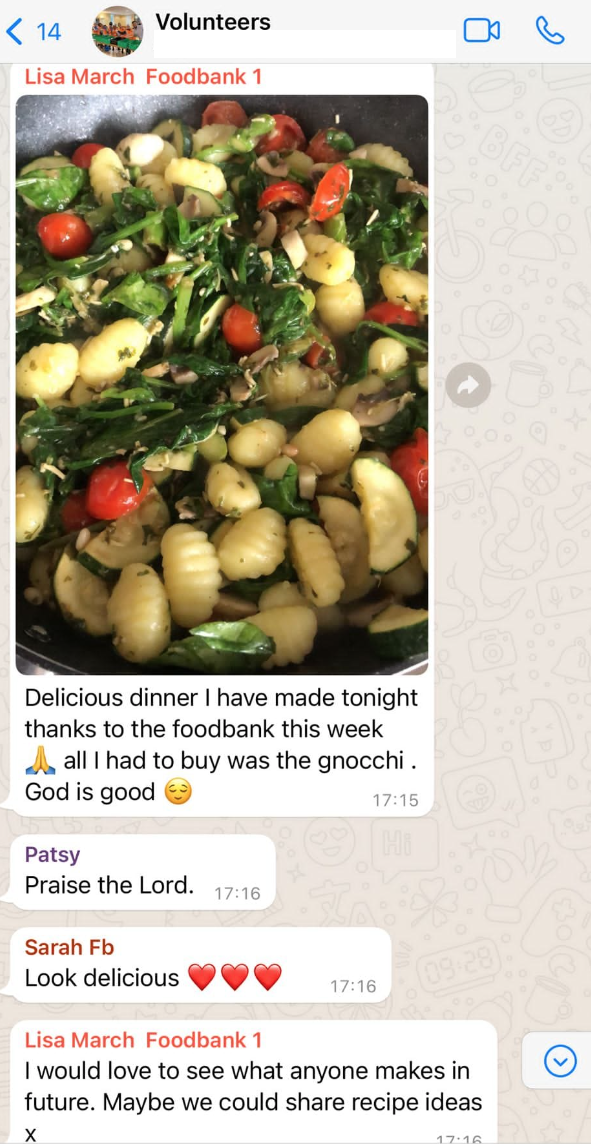
With food bank use set to increase, Ross thinks we should not look at people who use them with pity, but with respect.
A previous recipient named Jesse, a mother of ten who's husband lost his job, used an ECE food bank for a year before going to Oxford University.
Her older children volunteered at the food bank while receiving vital food parcels.
After studying at Oxford, Jesse fulfilled her dream of becoming a curate.
Scores of people who used ECE's food banks, such as Jesse and her family, returned as volunteers once they found their feet, and Ross hopes more can do the same in the battle against the cost of living crisis.
